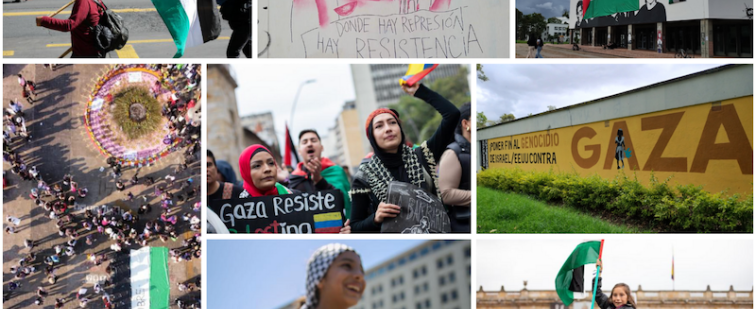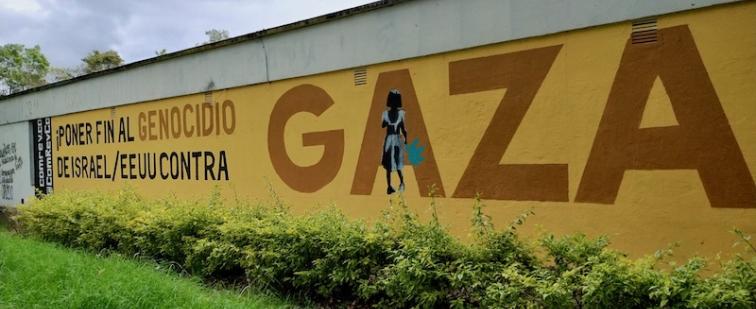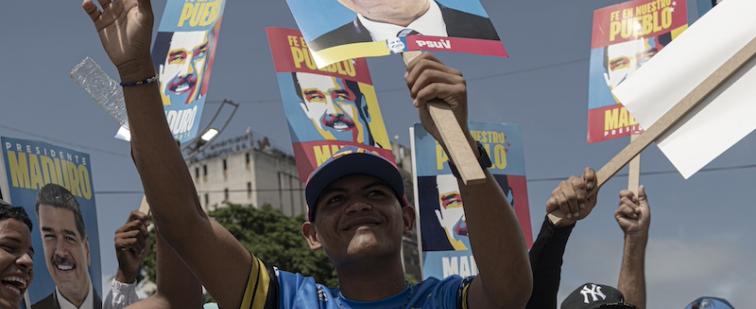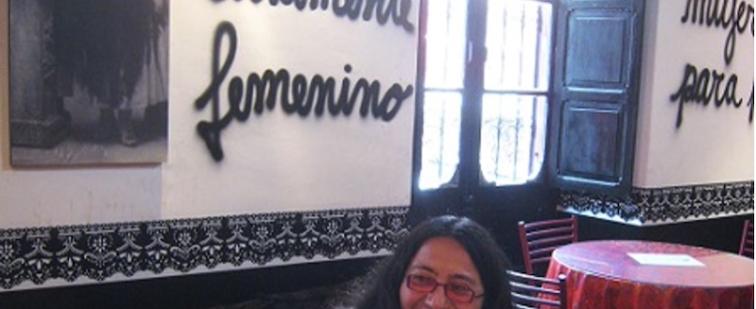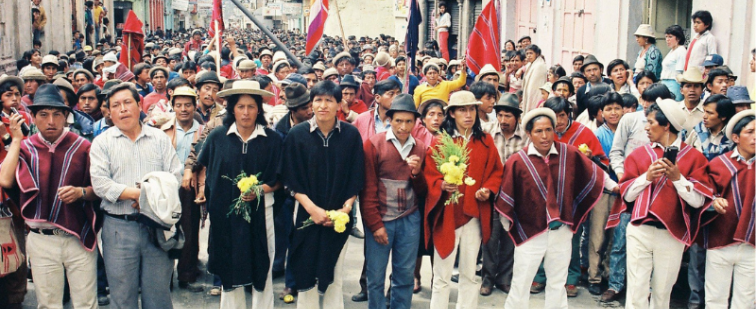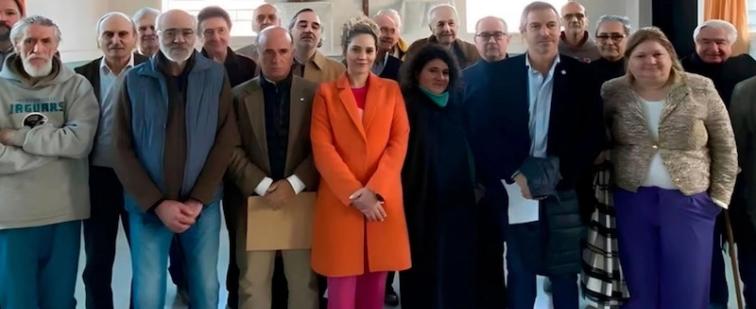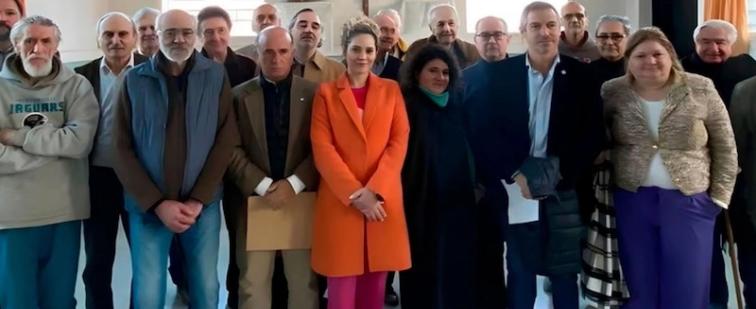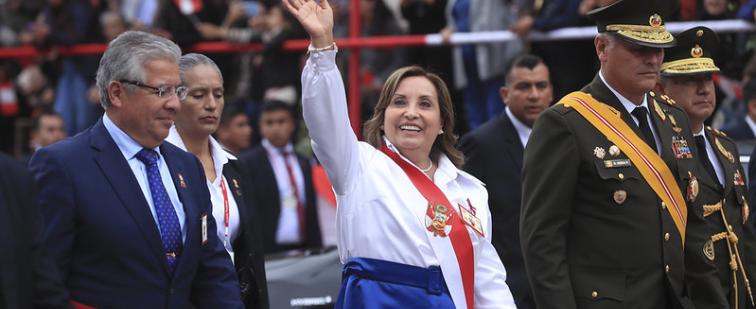Home
In the Brazilian state of Paraná, Valmir Mota de Oliveira of Via Campesina, an international peasant organization, was shot twice in the chest at point blank range by armed gunmen on an experimental farm of Syngenta Seeds, a multinational agribusiness corporation. The cold blooded murder took place on Sunday, October 21 after Via Campesina had occupied the site because of Syngenta’s illegal development of genetically modified (GM) seeds.
With the election of Cristina Fernández de Kirchner as president, Jorge Lanata, one of Argentina's most respected journalists, takes a look into the Kirchners' storybook rise to power. Tracing the history of President Néstor Kirchner, Lanata reveals the story behind Argentina's enigmatic power couple.
When we arrived in Ciudad del Este, we were petrified. After all, we were in the Paraguayan city known in the U.S. press as a “Jungle Hub for World’s Outlaws” (L.A. Times, 8/24/98), and a “hotbed” “teeming with Islamic extremists and their sympathizers” (New York Times, 12/15/02).
ver 50 years ago, Enrique Petro left his humble home to seek out a new life farming in the northwestern region of Urabá, Colombia. A poor farmer, Petro slowly managed to eke out a living in the thick and inhospitable jungle. He was able to provide food for his large family and live in relative peace while the much of the country remained gripped by war. “It was a healthy and peaceful time for us, and our children were well taken care of,” recalls Petro. But in February 1997, Petro’s life changed radically.
From the beginning of his presidency, Chávez has advocated a “multipolar world” as a corrective to the “unipolar world,” a euphemism for U.S. hegemony. By “multipolar world,” the Venezuelan president envisions the transformation of nations of the South into blocs, bound together geographically or economically, with political and economic clout. For Venezuela, these formations include both the hemispheric Common Market of the South (Mercosur) and, most significantly, OPEC.
When Venezuela’s Hugo Chávez and his Iranian counterpart, Mahmoud Ahmadinejad, call each other brothers, they are bound to be “up to no good,” according to Mary Anastasia O’Grady, in her January 2006 Wall Street Journal column titled “The Tehran-Caracas Axis.” U.S. intelligence, O’Grady concludes, ought to do more to uncover what that “no good” is.
Alleged links to three high-profile assassinations, experience in a scorched earth counterinsurgency operation and rumoured ties with a cocaine-driven criminal underworld would not appear to constitute the ideal qualifications for a presidential candidate. Retired Army General Otto Pérez Molina, however, appears to have surmounted these obstacles, and it would seem safe to say that history is failing to haunt his fellow Guatemalans.
My grandfather, before he died, told me his own repertoire of stories about the Che Guevara he knew, when Che was even younger than the twenty-something traveler portrayed in the film "The Motorcycle Diaries."
Picture it: two flags, one Chinese, the other Cuban, flying on an oil rig just a few dozen miles off the U.S. coast. The January 2005 deal between Chinese state company Sinopec and its Cuban counterpart to explore for oil in the Gulf of Mexico is but one of many examples of new a “multipolar” trend in the hemisphere, indeed in the world. Although Cuba, because of the embargo, has pursued international partnerships for more than a decade, more nations in the hemisphere are following the same strategy
U.S. drug czar John Walters heaped praise on Mexico’s drug war this week, to prepare the groundfor a billion-dollar counter-narcotics aid package expected to be announced within days.

